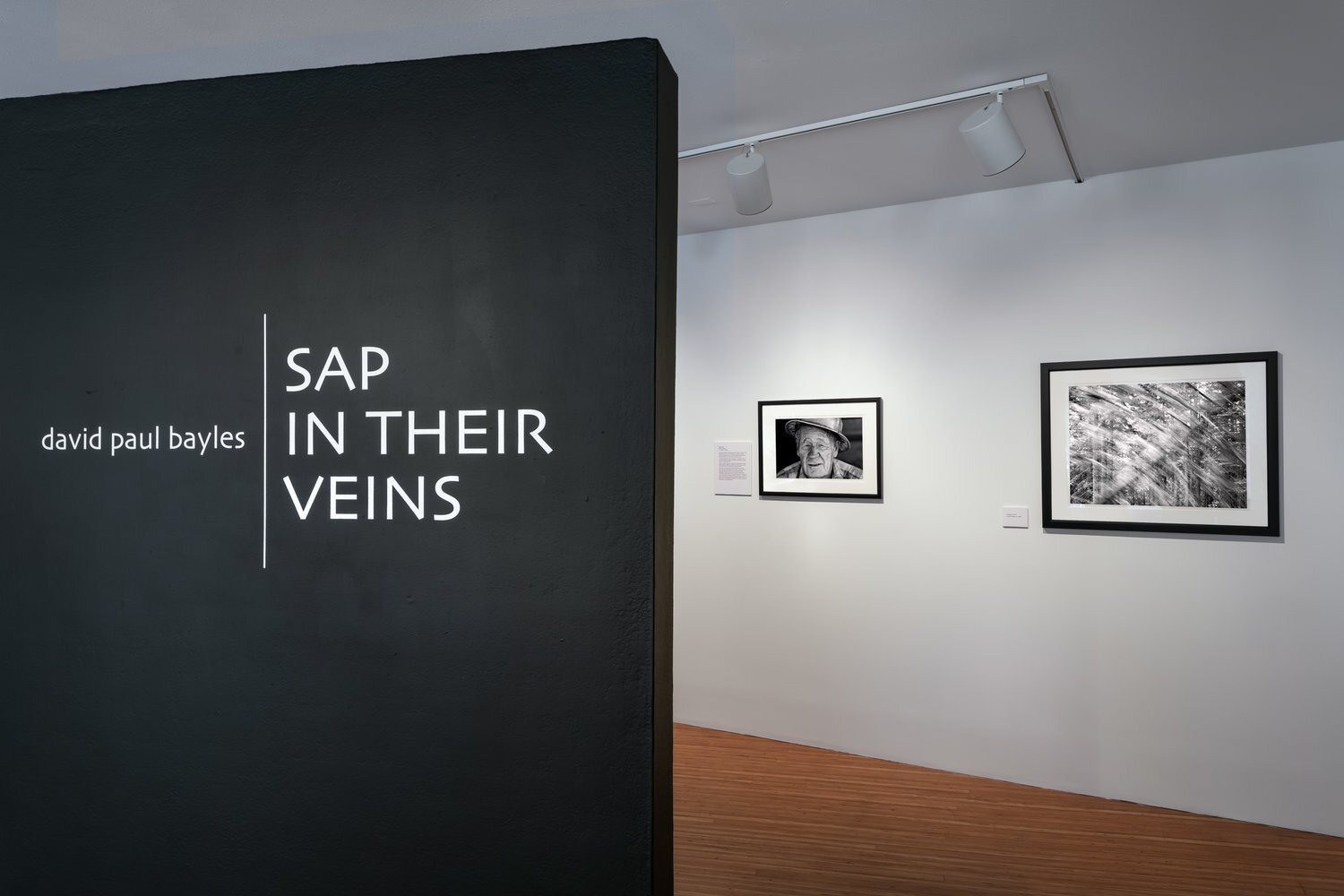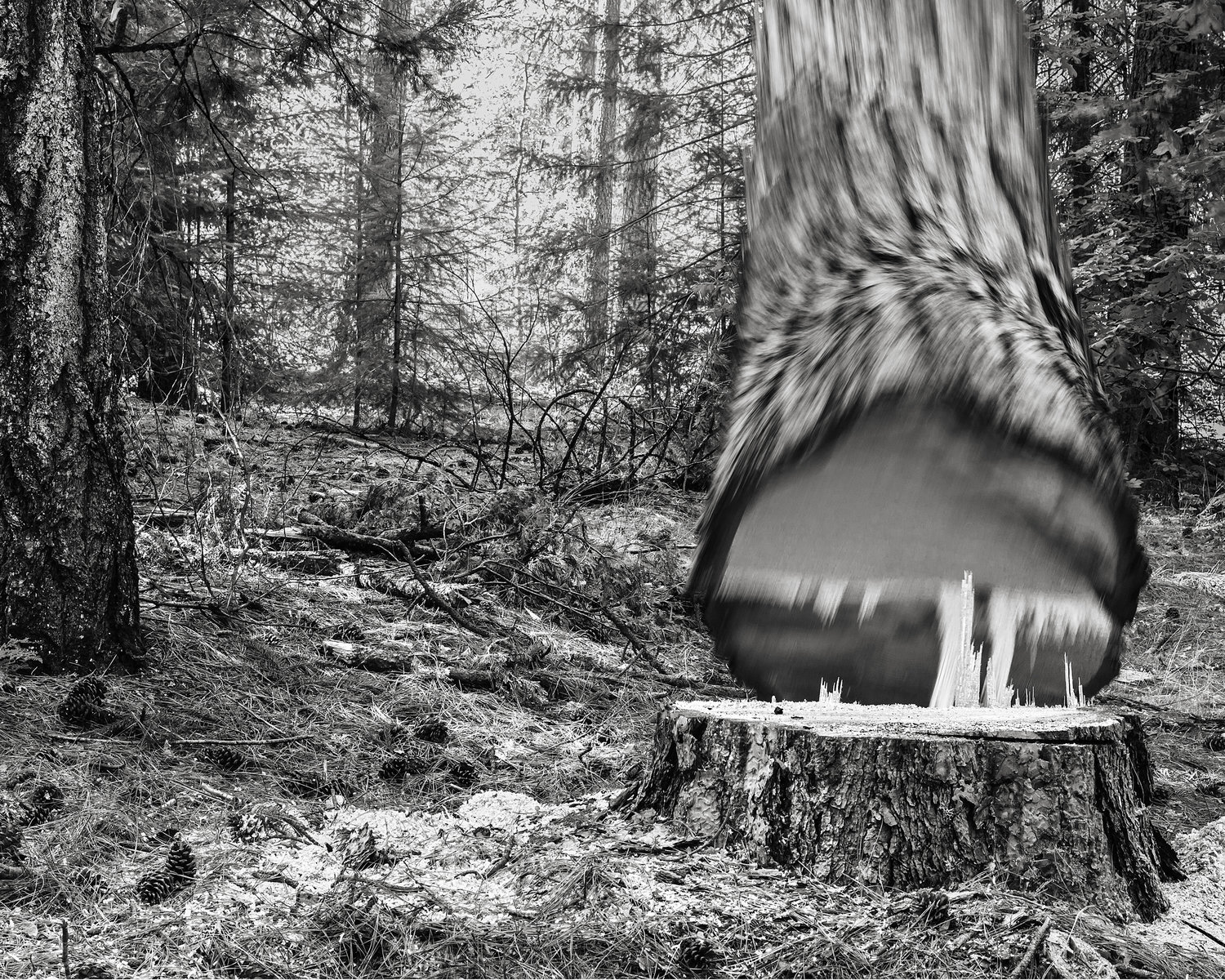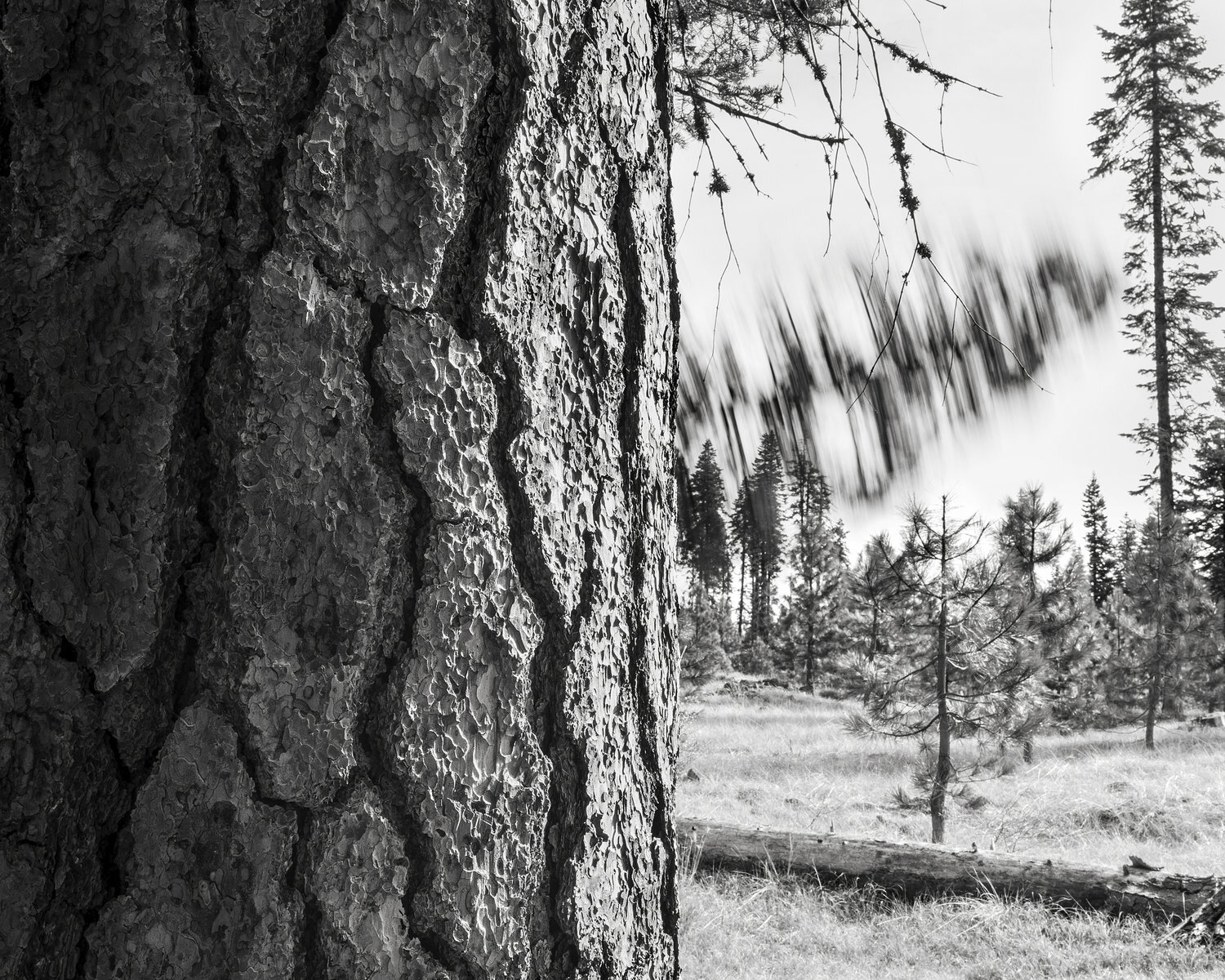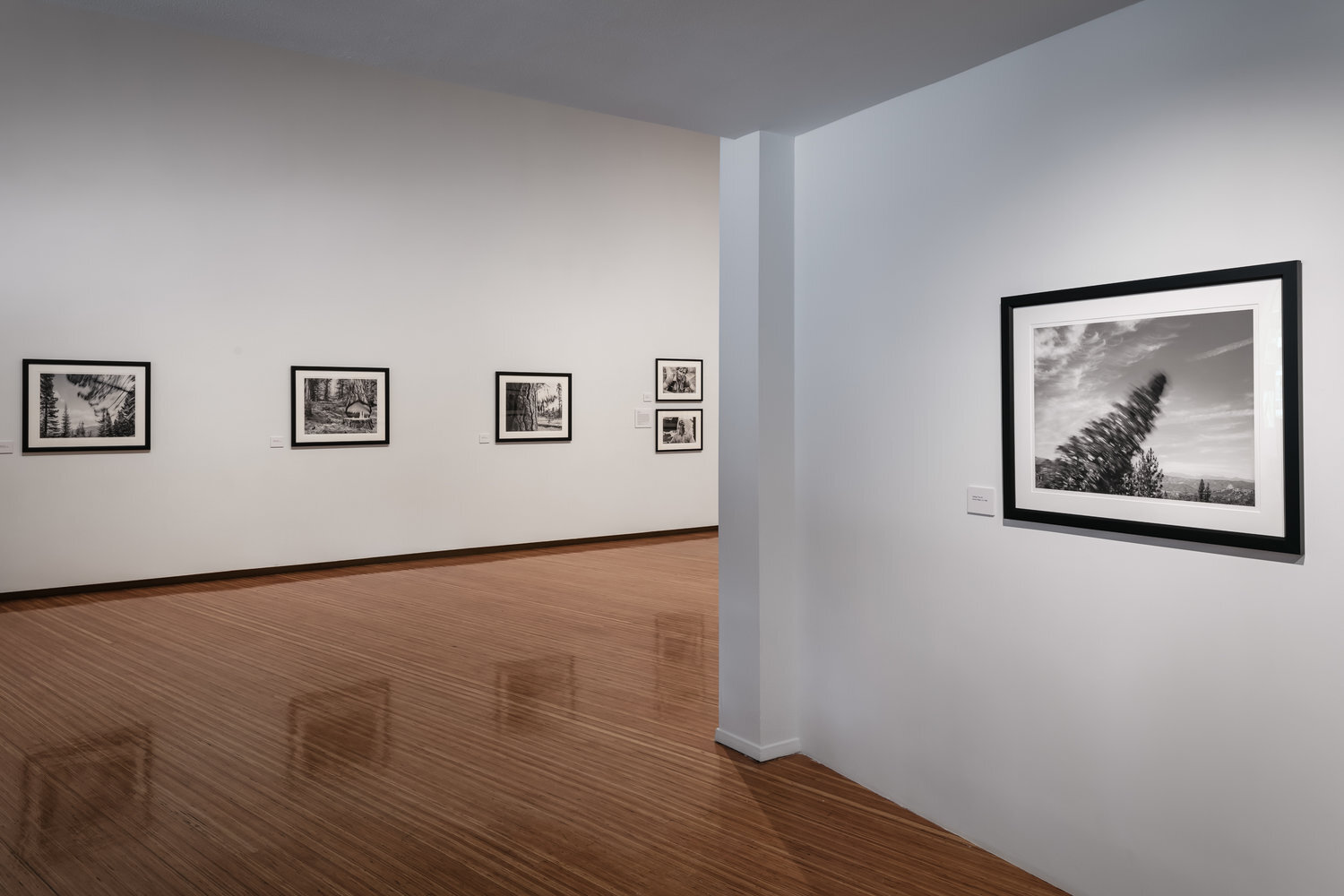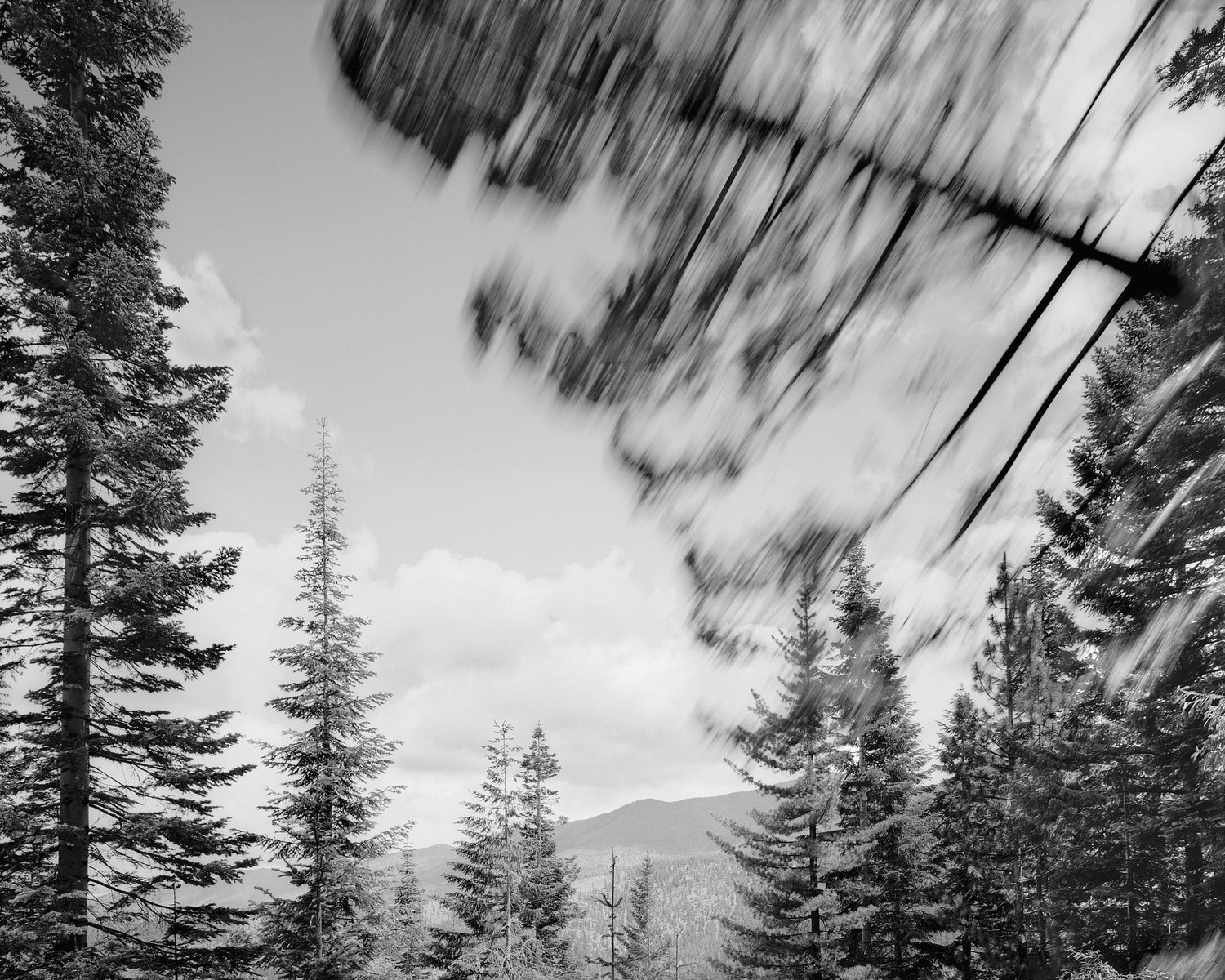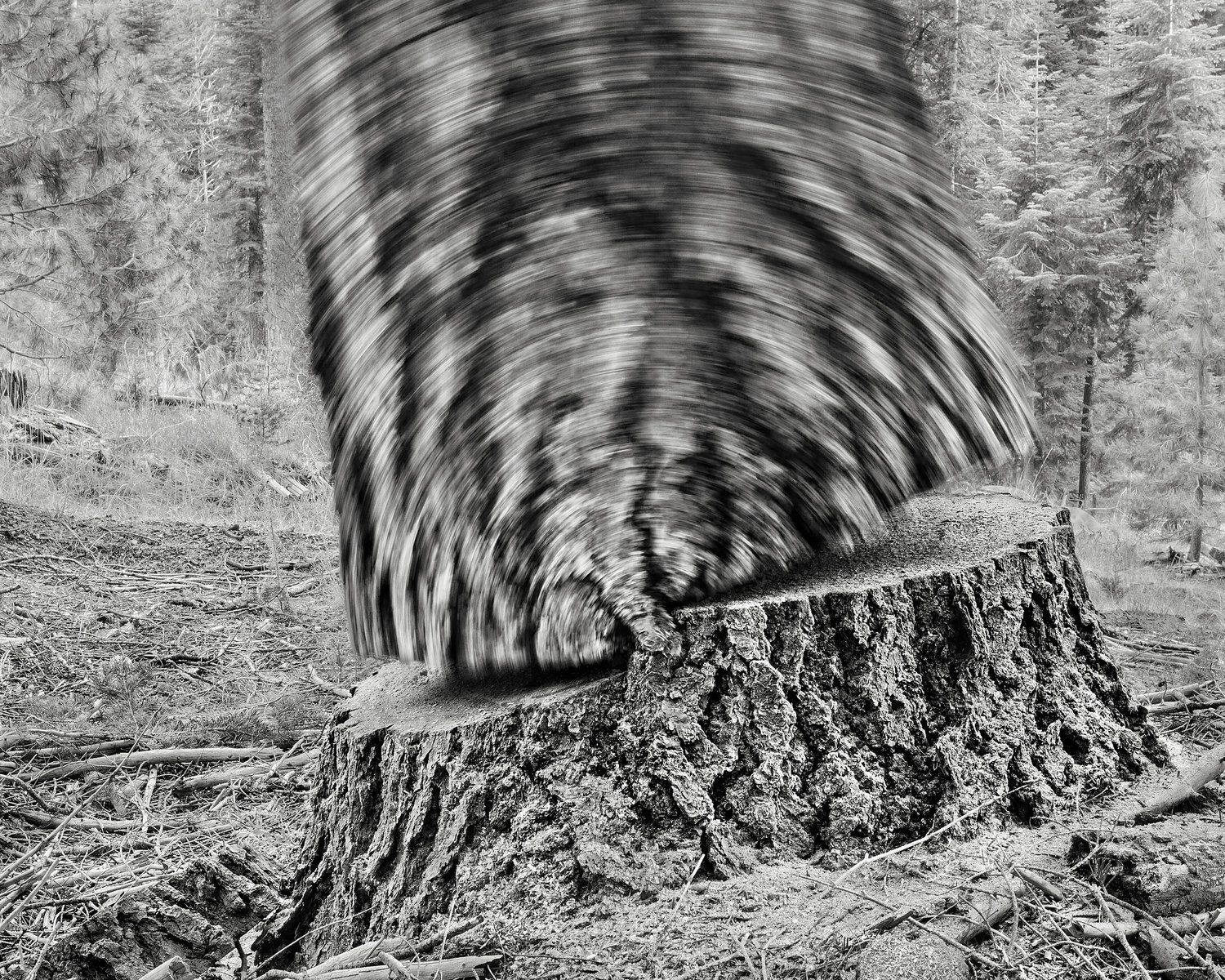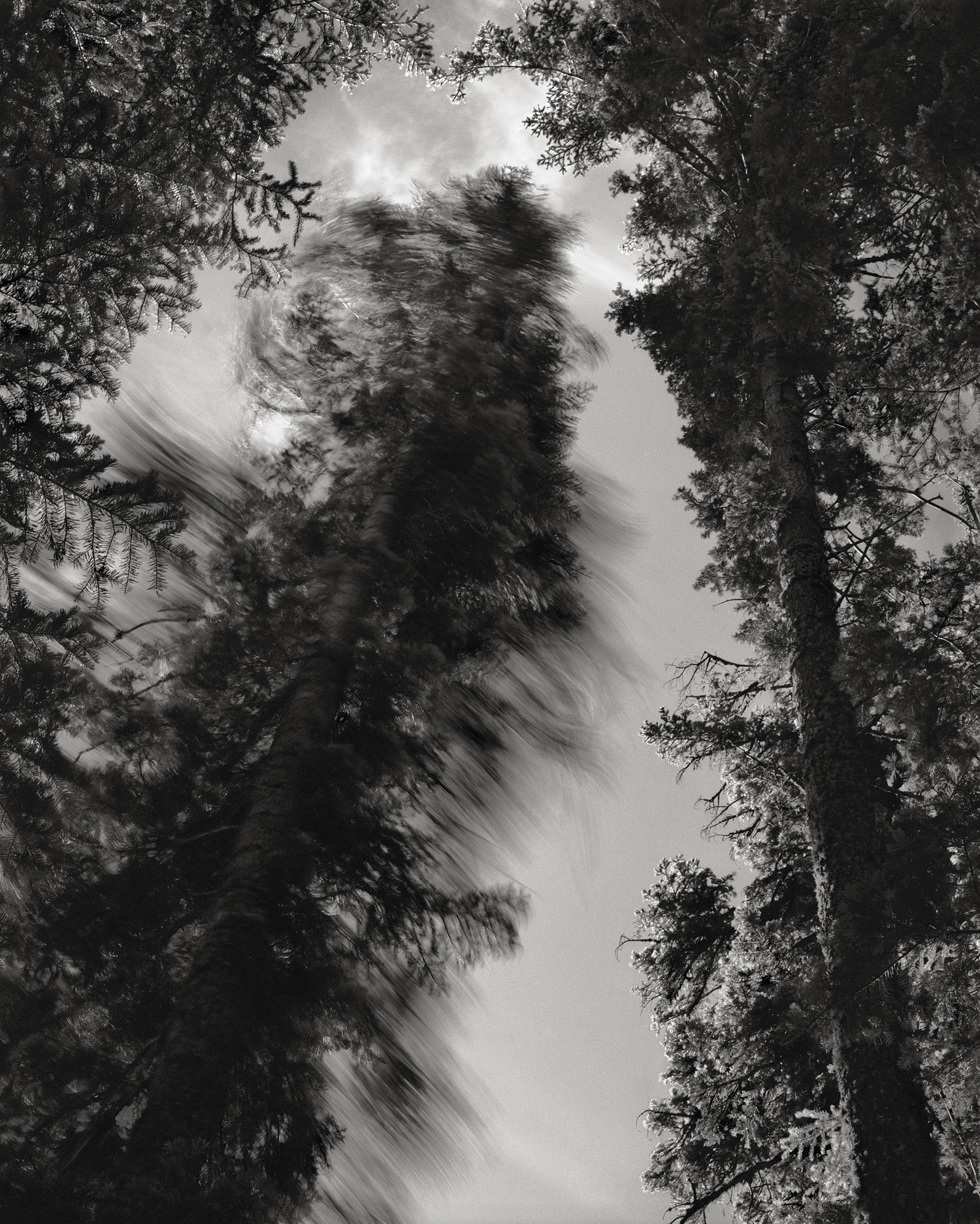
SAP IN THEIR VEINS
FALLING TREES WITH PORTRAITS AND ORAL HISTORIES OF THE LOGGERS WHO FELL THEM
PHOTOGRAPHY BY DAVID PAUL BAYLES
In the late 1980’s the Pacific Northwest was deeply divided in what was often referred to as the Spotted Owl Wars. Rural logging communities were fighting to protect their often multi-generational way of life. And urban environmentalists were fighting to stop logging of all old growth timber and the practice of clear cutting.
The divisions were deep, passionate and mostly unyielding.
Working with Dan Taylor, the curator of The Mendocino County Museum, our intent was to focus on the lunch bucket crew and leave out the politics of who decided how and how much to cut. Through personal portraits and oral histories from the Sierra Nevadas, Mt Shasta and redwood coast regions, we hoped to help bridge some of the divide.
In 2004 I traveled through the same northern California regions again to make portraits, record stories and discover what had changed in that fifteen year period. An exhibition of the older and new work was scheduled to be shown in 2005. Due to management and scheduling shifts at the museum the exhibit was cancelled. The entire body of work had not been exhibited until now.
This exhibit is relevant today because we are again living in a time of deep divisions, and I believe in the power of stories that reflect our shared humanity to help bridge those divides.
“I remember when I first went to work in the woods with my dad. It was early spring. I was fourteen years old, and I was chopping the limbs off the trees my dad fell. The axe glanced off a limb and cut my leg.
Dad was real calm you know, and he packed it with snow and went back to work. Once it was real cold, he came back and took a needle and thread out of his pocket. While he sewed me up he said,
‘Son you’ve got the sap of these trees in your veins now, you’ll be in the woods the rest of your life’.
— Lars Sanders
“I do a lot of camping. I take my
kids and go swimming in the river a
lot. We go up to the high lakes, fool
around, do some fishing.
Most of the time though, I do
domestics at home because I’m a
single parent. It’s been a struggle,
but we’ll get through it.”
“The best part of my day is when I get home and my little girl runs across the room and jumps into my arms and says,
‘Hello sweet daddy.”
“I work in the woods ‘cause I don’t like people.
You got your picture so we’re done now.”
“Loggers are very concerned about the woods and environment. We make our living there and love the woods and timber in such a deep way that I doubt I could ever describe it to you or to anyone.
It’s a feeling I get when in the woods that can only be described as close to a deep religious experience. I feel so close to my creator when in the woods and the very life of the timber seems to indwell my peace and presence.
Sometimes I feel a part of the woods and sometimes an intruder, but still it’s almost like greeting an old friend.”
PHOTOGRAPHER
David Paul Bayles focuses on landscapes where the needs of forests and human pursuits often collide, sometimes coexist and on occasion find harmony. Some of his projects utilize a documentary approach while others use a more contemporary art practice.
While attending photo school in Santa Barbara, Bayles became committed to environmentalism. His dual perspectives of logger and environmentalist adds an authentic and unique approach to his photographic projects. He currently lives and photographs in the Pacific Coast Range in Oregon, where highly efficient industrialized working forests supplanted the massive old growth forests many decades ago.
SPECIFICATIONS
Number of Works: 45 pieces in frames from 16x20 to 26x31
Printing & Framing: Pigment prints on Epson Hot Press Natural Rag paper. Black wood frames with Rag over mats and OP 3 acrylic glazing.
Oral Histories: 13 oral history excerpts. Optional “Tell Us Your Tree Story”audience activity
Footage: 105 linear feet, framed pieces only
Security: Moderate
Crates: Three crates 350 lbs total weight
Fee: $5,800 per 8-week period
Shipping: Round-trip or One-way shipping, depending on schedule*
Availability: Please contact Moscow Contemporary for more information: director@moscowcontemporary.org

